
OR
Environmental hazards
VIDEO: Anti-plastic behavior dying a slow death, environment ministry in a slumber
Published On: December 18, 2020 02:16 PM NPT By: Anjali Subedi
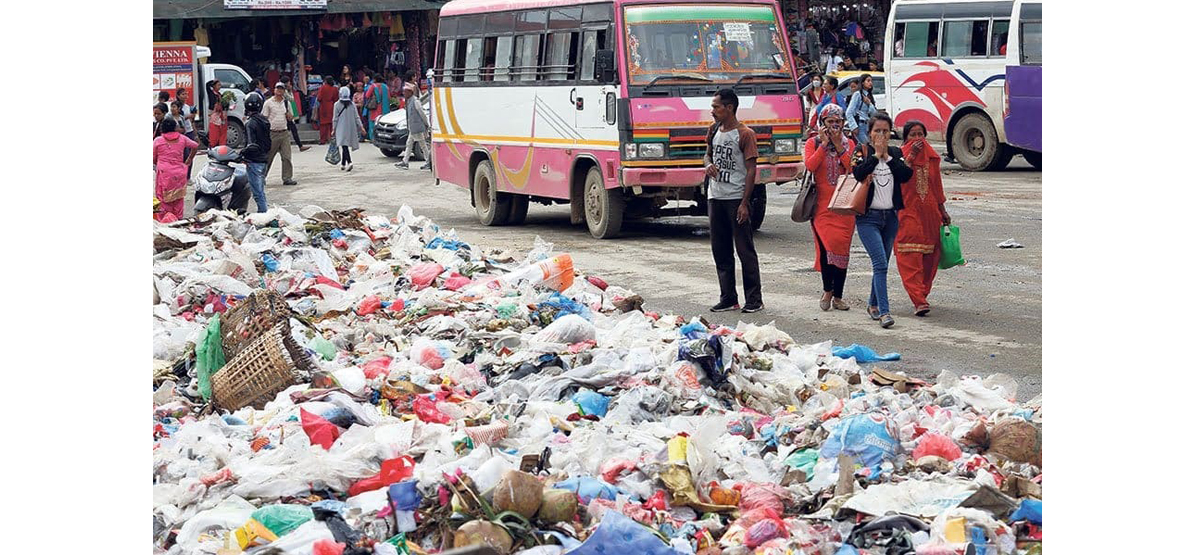
KATHMANDU, Dec 18: Urmila Thapa had stopped using plastic bags around three years ago. She had developed a habit of carrying cotton bags to grocery shops, cosmetic outlets or garment stores. She would even make an extra effort to hand over plastic waste separately to garbage collectors. A local of Chandragiri Municipality – 14, Kathmandu, she wanted to make sure that she played a role in curbing environmental hazards. However, it's been some time she is no more that concerned.
"A wave of change had come. We all felt that plastics should be done away with. But now nobody cares; even I have stopped being careful," she said. "I don't carry other bags anymore, slowly this habit waned."
Rajendra Maharjan of Tokha Municipality was never as aware as Thapa regarding plastic menace. But when he saw some government officials snatching away plastic bags from a shop in Samakhushi, Kathmandu, he got curious. He thought it was a rude move of the government though later he was convinced that 'some tough acts are necessary to keep the land clean.'
"That was around four years ago. They took away bundles of plastic bags and warned shopkeepers. I was watching all this and felt bad. But later I realized that we should minimize plastic use," he said, adding that he has however already forgotten that subject now.
The government had imposed a ban on plastic bags in Kathmandu in 2015. The move was widely welcomed. Cotton and paper bags surfaced. Supermarkets and retail shops started to offer goods exclusively in environment friendly carriers. The anti-plastic campaign also meant to take other initiatives to educate people about bio degradable and non-biodegradable wastes and their wise management. After all, it was imperative, as Kathmandu uses nearly five million plastic bags and produces over 2.7 tons of plastic waste daily, according to various studies.
The steps taken by the government right before the earthquake of April 2015 got dashed a little by the disaster. Monitoring teams slowed down. To make the matter worse, plastic bag manufacturers influenced the government. The blanket ban was then less highlighted, but the clause, 'banning of less than 40 microns', on the pretext of which plastics would still be rampant, was promoted. On the other hand, the budding industries of paper and cotton bags couldn't thrive.
"It is true that they held talks with the government. Their concern was the loss they were going to bear if their products were banned. Another problem was also about the alternatives. There was a demand for alternatives of plastic bags," said the spokesperson for the ministry of environment, Prakash Lamsal.
Lamsal admitted that the ministry is not doing enough. He also agreed that people's awareness against plastic uses has slowly faded. "What to say, when the ministry wants to do something, there are forces which come stronger. It is true that we have not been able to make this campaign effective."
A lot of eating stuff comes wrapped in plastic cover. Making the respective industries responsible for the wastage or seeking their roles in the recollection of those wrappers could help a great deal. Spokesperson Lamsal said that the ministry had earlier thought of this aspect as well. "However, the efforts couldn't be strong enough."
Lamsal had no answer regarding a plan to resume the anti-plastic campaign. He hinted that the ministry is simply in a slumber. "It's an important issue, we should do something," he managed to reply.
Kamal Dulal, who runs a pharmacy at Kalimati roadside, laments that the uncovered sewages are all full of plastics. Come rainy days, and this plastic waste will show its true color. But nobody is interested to intervene right now, he said.
"Every wrong thing is happening before our eyes, but we are just a mute spectator. Look at those plastics; this is a result of negligence. In the rainy season, this will block the water flow and the entire street is going to be filthy," he remarked. "People have become much more negligent, nobody even remembers that the government once banned plastic," he added.
Also according to shopkeepers at Tokha, Jamuna Sapkota and Jayanti Bhandari, the city has backtracked from being a plastic free zone. It's a huge opportunity missed.
"I personally feel very guilty that I've also turned rather insensitive toward the environment. We offer everything in plastic to our customers. But it's our mutual failure; the government cares no more, what to do!" Bhandari noted. Similarly, Sapkota stated that behavioral changes become vital for great results. "But regarding plastic use, we had started to be a little responsible and then the government quit."
You May Like This
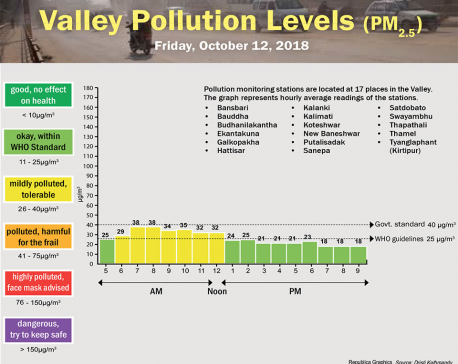
Valley Pollution Index of October 12, 2018
Valley Pollution Index of October 12, 2018 ... Read More...
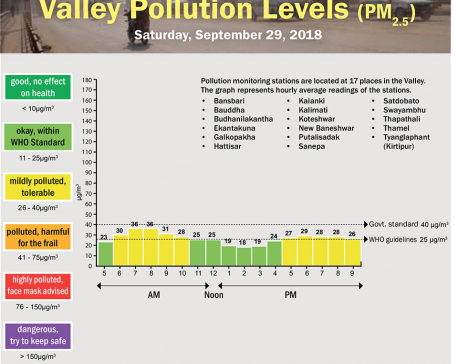
Valley Pollution Index for September 29, 2018
Valley Pollution Index for September 29, 2018 ... Read More...

Helping women re-envision a better Nepal: Women LEAD Nepal
KATHMANDU,March 7: Women LEAD Nepal started as an idea that women and girls could change the trajectory of Nepal’s future and... Read More...
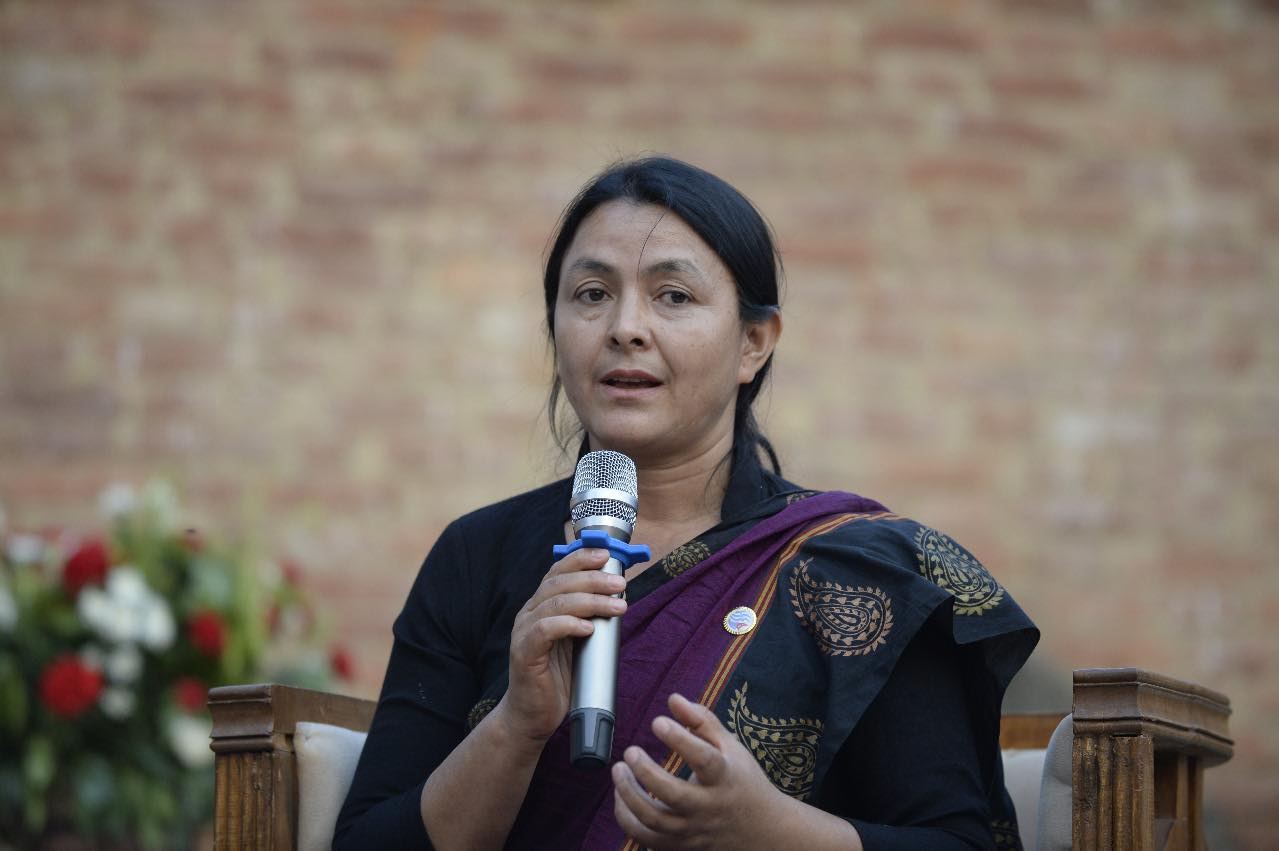
_20240423174443.jpg)
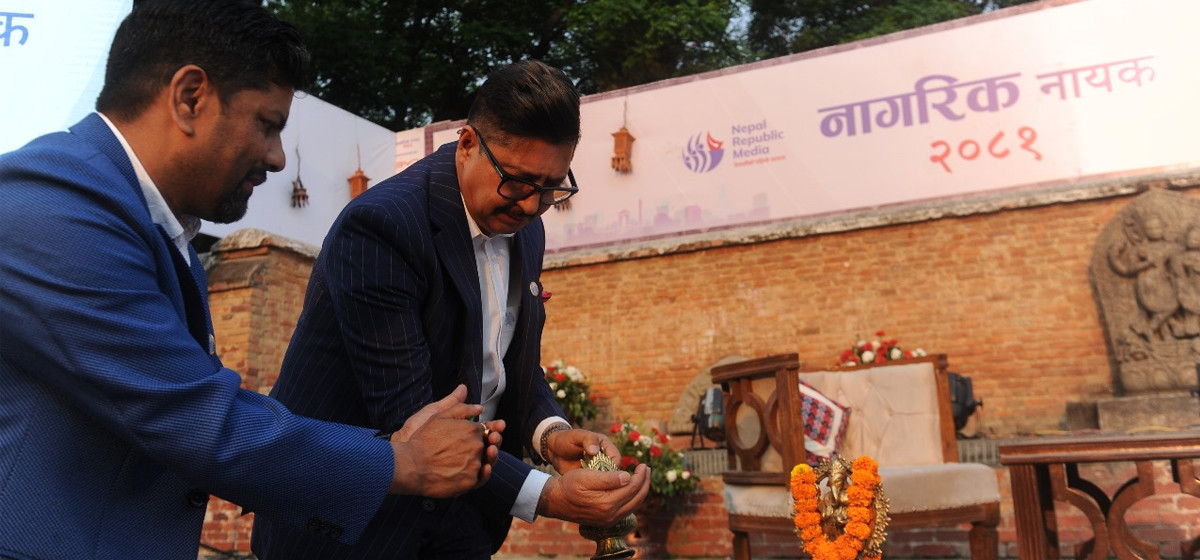
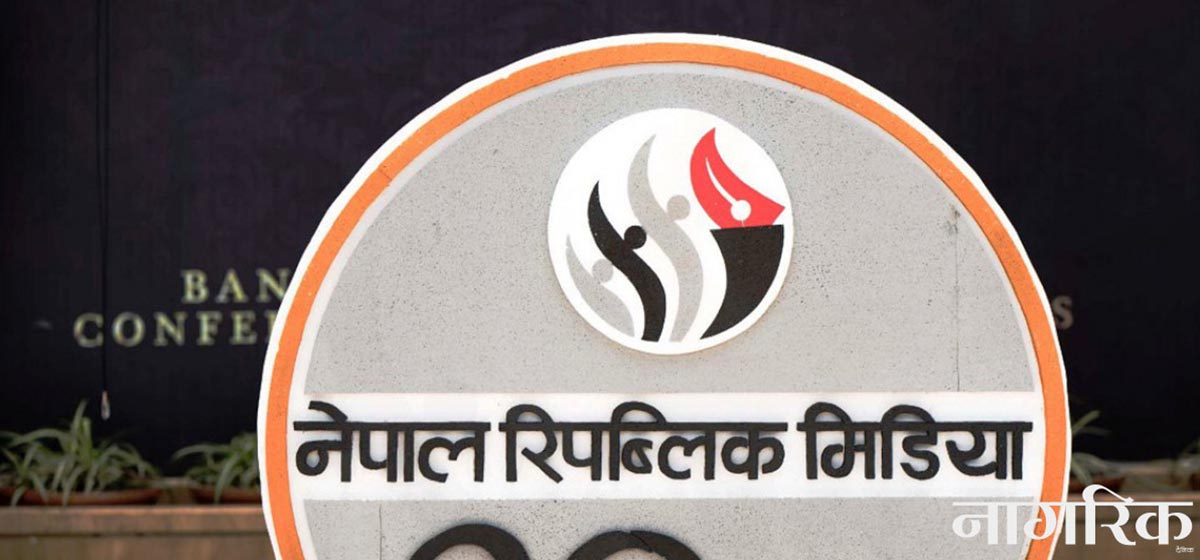
Just In
- Devi Khadka: The champion of sexual violence victims
- Nagarik Nayak (Live)
- Qatar Emir in Kathmandu, President and Prime Minister welcome Emir at TIA (In Photos)
- NRM Director Gyawali inaugurates Nagarik Nayak 2081
- Govt amends nine laws through ordinance to attract investors
- NRM to announce two citizen heroes today
- Federal capital Kathmandu adorned before Qatar Emir's State visit to Nepal
- Public transport to operate during Qatari king’s arrival, TIA to be closed for about half an hour







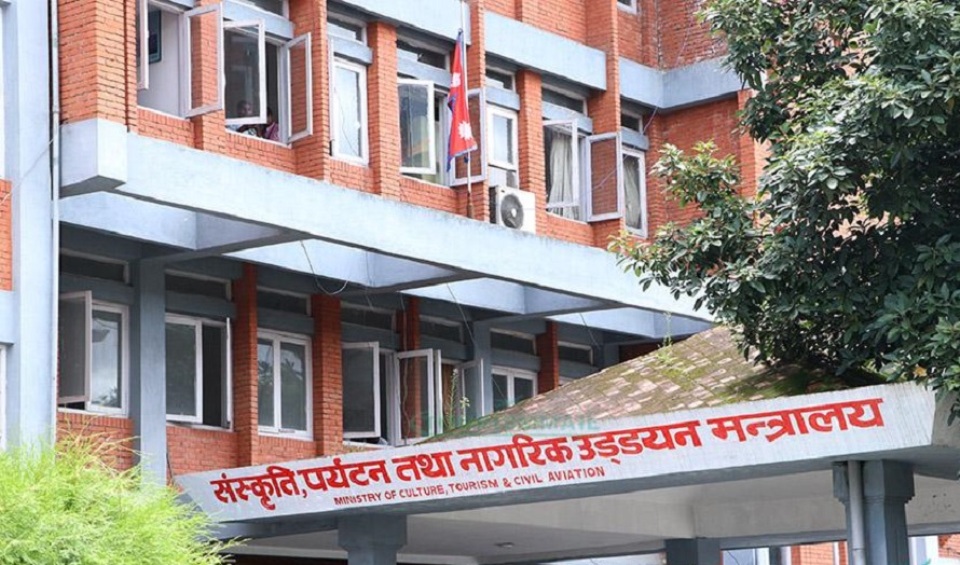



Leave A Comment